SSD +
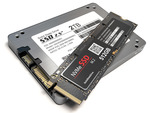
A solid-state drive (SSD), sometimes called a solid-state disk or electronic disk, is a data storage device that uses solid-state memory to store persistent data with the intention of providing access in the same manner of a traditional block i/o hard disk drive. SSDs are distinguished from traditional magnetic disks such as hard disk drives (HDDs) or floppy disk, which are electromechanical devices containing spinning disks and movable read/write heads. In contrast, SSDs use microchips that retain data in non-volatile memory chips and contain no moving parts. Compared to electromechanical HDDs, SSDs are typically less susceptible to physical shock, are silent, have lower access time and latency, but are more expensive per gigabyte (GB). SSDs use the same interface as hard disk drives, thus easily replacing them in most applications.
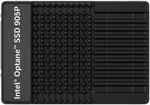

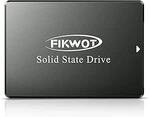









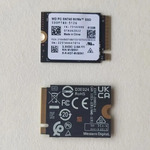



![[Prime] SK Hynix Platinum P41 2TB PCIe NVMe Gen4 M.2 2280 Internal SSD $215.99 Delivered @ SK Hynix EU via Amazon AU](https://files.ozbargain.com.au/n/40/857240.jpg?h=d30b72c9)
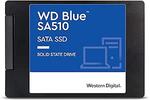

![[Prime] WD_Black SN770M 1TB M.2 2230 NVMe SSD $120.37 Delivered @ Amazon UK via AU](https://files.ozbargain.com.au/n/55/856655.jpg?h=51517848)